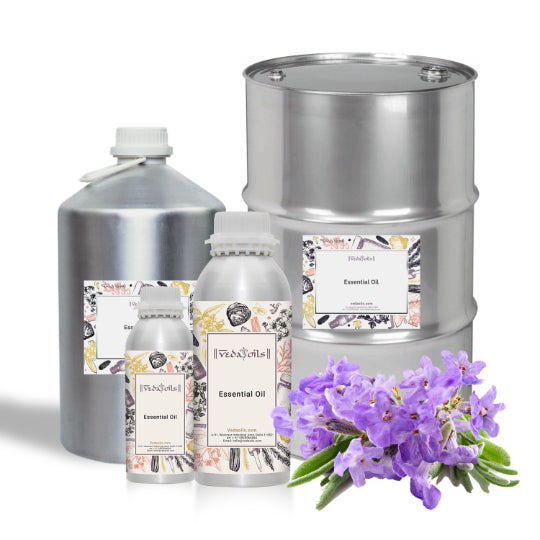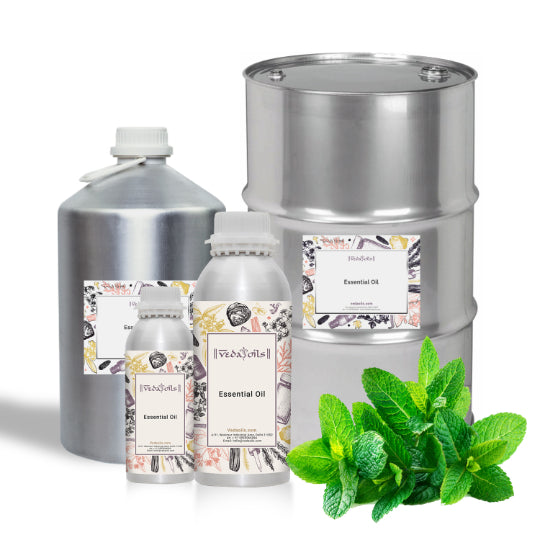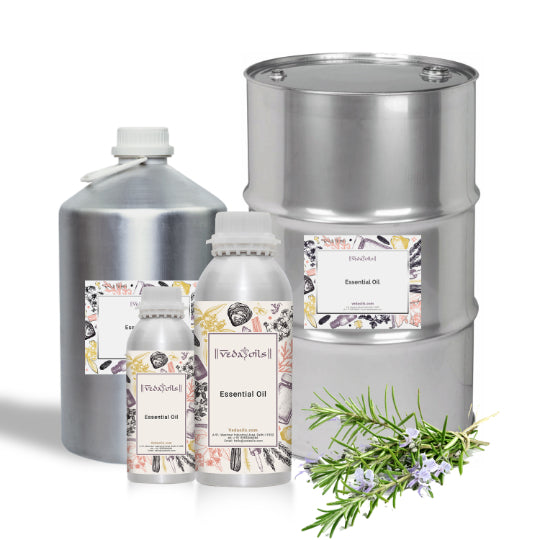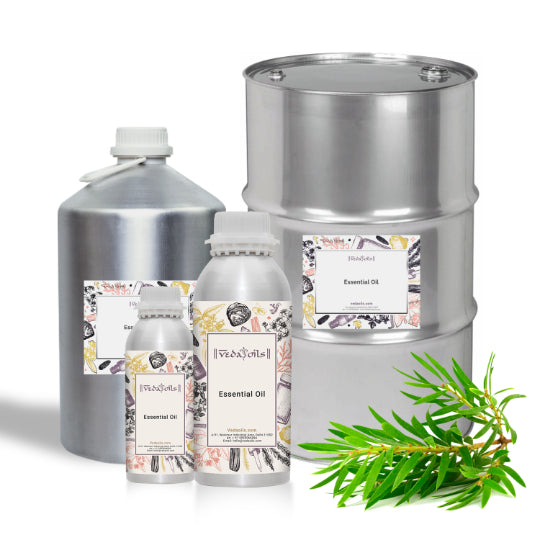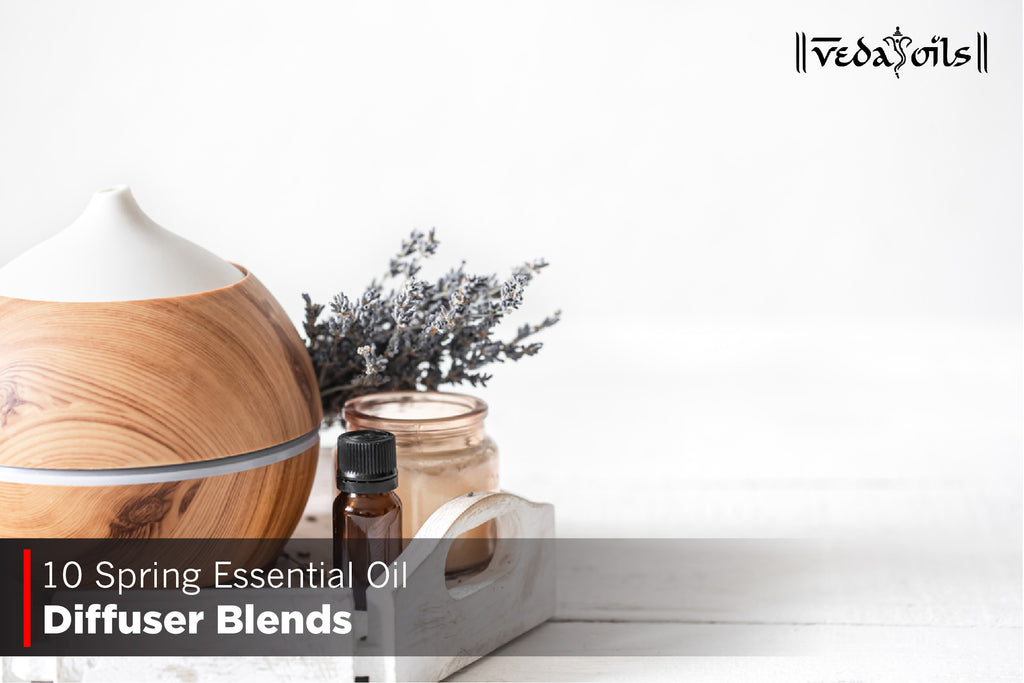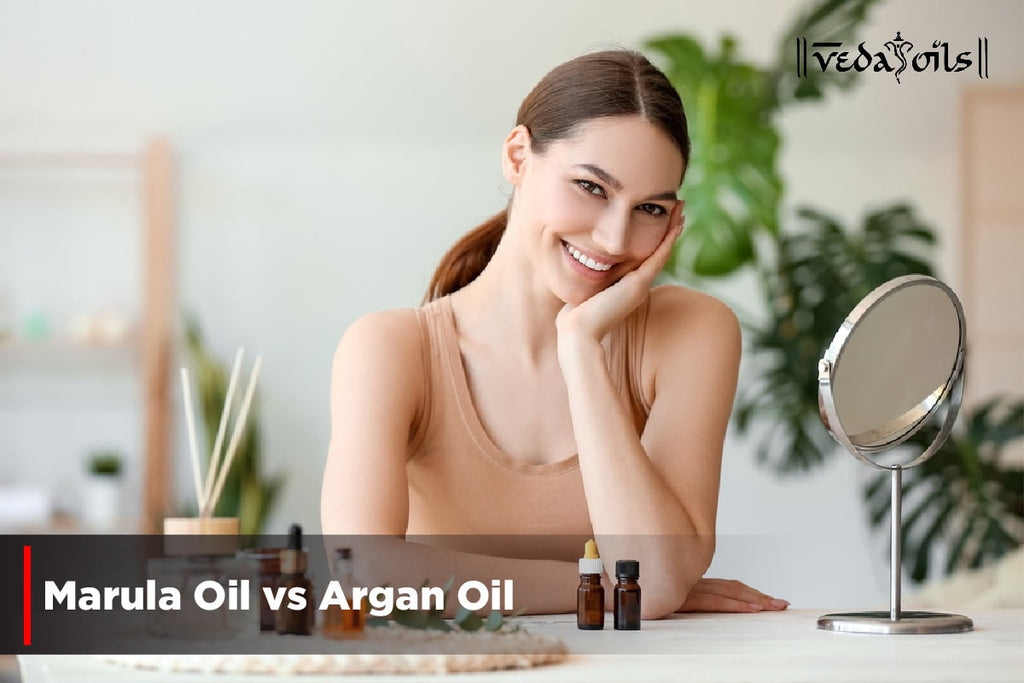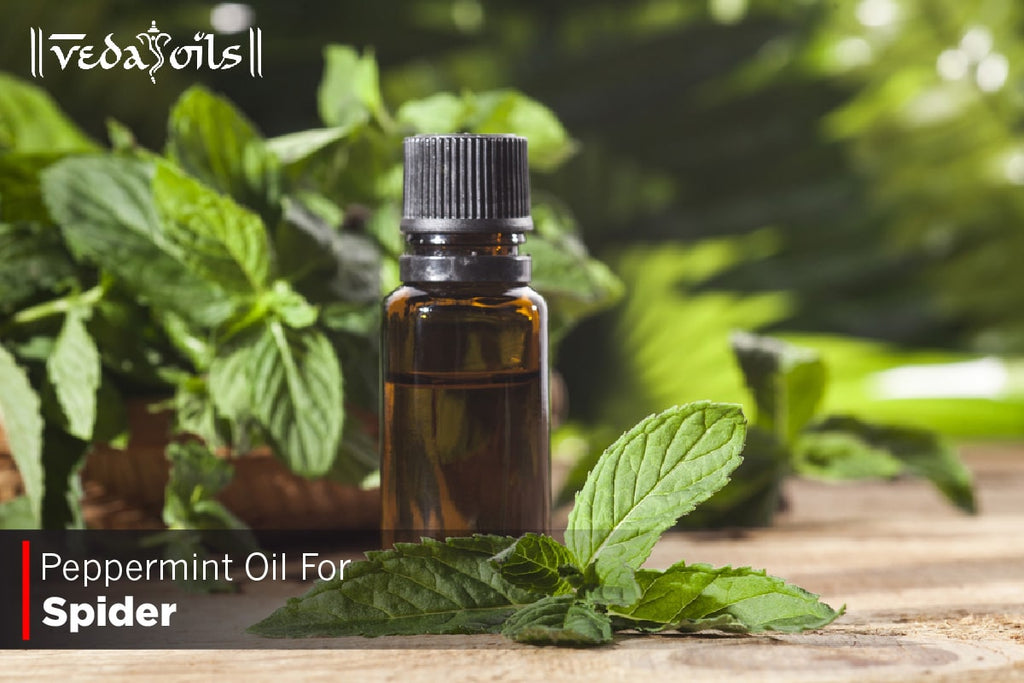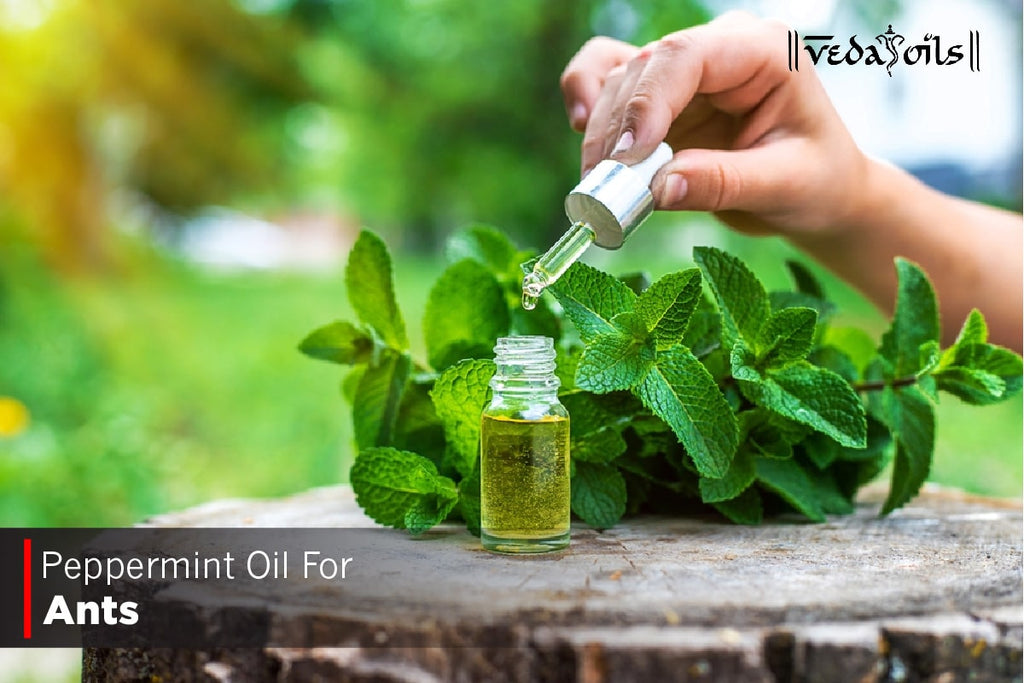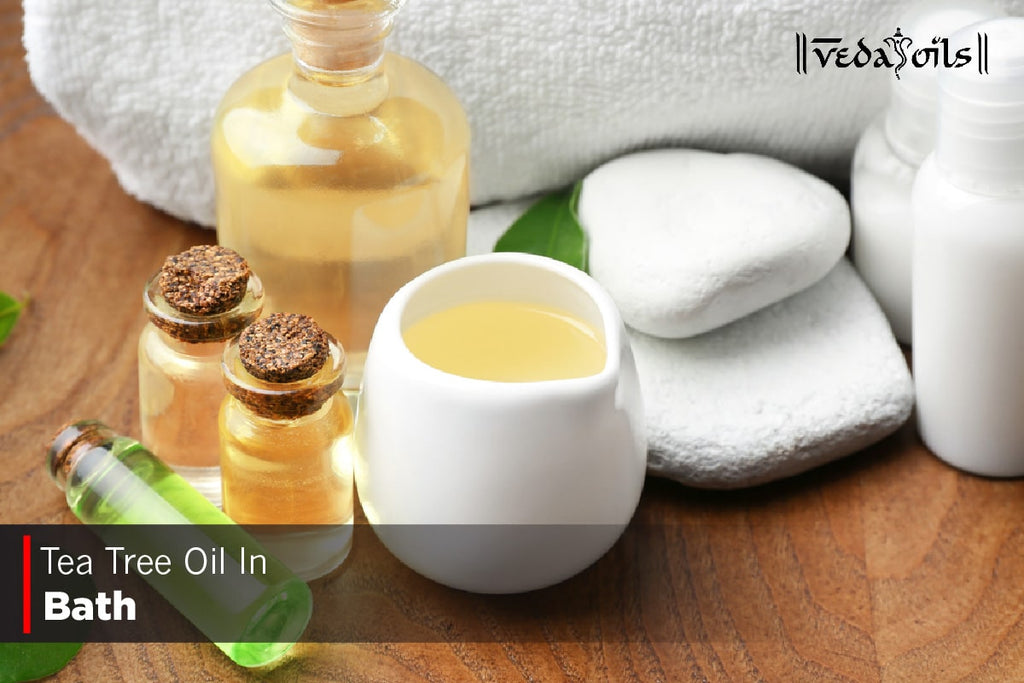Essential oils have been around us for several years and have been used for centuries. From aromatherapy to beauty and wellness, essential oils are a great help. However, many people need clarification or call them worried about the shelf life of essential oils and how long they can last.

The shelf life of essential oils is an essential consideration when buying and storing these precious oils. Today, we will be discussing the shelf life of essential oils, the various factors that affect the shelf life of essential oils, and many more things. So, if you want to learn more about the shelf life of essential oils, keep reading.
Factors Affecting Shelf Life of Essential Oils
Pure essential oils do not go rancid and don't have an expiration date. However, essential oils can oxidize over time and gradually lose their potency or therapeutic value. The lifespan of essential oils can vary tremendously from one botanical to the next and from one supplier to the next. To understand this better, we need to understand the different factors that affect the shelf life of essential oils, and here are a few of them.
- Composition of Natural Chemical Constituents Present: The natural chemical composition of essential oils plays a significant role in their shelf life. Essential oils with a high concentration of terpenes and monoterpenes are more prone to oxidation and have a shorter shelf life than oils with a more complex chemical profile.
- Method of Distillation: The method of distillation used to extract essential oils can also affect their shelf life. Essential oils that are steam-distilled at lower temperatures and pressures tend to have a longer shelf life than those extracted using high-temperature and high-pressure methods.

- Conditions & Care Used During Distillation: The conditions and care used during the distillation process can also impact essential oils' quality and shelf life. Properly maintaining temperature and pressure during the distillation process and preventing contamination is crucial to ensuring the longevity of the essential oil.
- Quality Of the Botanical Used: The quality of the botanical used to extract the essential oils is also an imperative factor that helps determine the shelf life of essential oils. Essential oils from high-quality botanicals free from pesticides and other contaminants tend to have a longer shelf life than oils extracted from lower-quality botanicals.
- Care In Bottling, Storage & Handling: Last but not least, proper bottling, storage, and handling of essential oils also play a huge role in shelf life. Essential oils should be stored in air-tight containers and dark glass bottles away from heat, moisture, and light. They should also be handled with care to prevent exposure to harmful contaminants.
How Oxidation Effect Essential Oils?
Oxidation can greatly impact essential oils' quality and shelf life, especially when you expose essential oils to air, light, and heat. Essential oils oxidize, causing a gradual breakdown of their natural chemical constituents. This breakdown can cause huge changes in the oil's color, aroma, and texture and decrease its therapeutic value.

When an essential oil is used topically or breathed, oxidation can also create free radicals, which can further destroy the oil and potentially injure the body. The essential oil may lose its therapeutic characteristics and may have negative effects over time due to oxidation. Essential oils should be kept in dark, airtight glass bottles away from light, heat, and moisture to avoid oxidation.
Common Essential Oils Shelf Life?
Many essential oils in the market last about 2-5 years if stored in closed, dark glass bottles, away from heat and direct sunlight. On the other hand, some oils like Sandalwood, Vetiver, and more can last about 6-8 years too. Here are some timelines for popular essential oils to give you a better idea.

- 1–2 Years: Lemon, Lime, and Tangerine
- 2–3 Years: Bergamot, Black Pepper, Copaiba, Cypress, Frankincense, Helichrysum, Lemongrass, Melissa, Rosemary, Spearmint, and Tea Tree
- 3–4 Years: Cardamon, Cinnamon Bark, Clary Sage, Eucalyptus Globulus, Lavender, Myrrh, Thyme, and Vanilla oleoresin
- 4–5 Years: Blue Tansy, Cedarwood, Peppermint, Wintergreen, and Ylang Ylang
4 Ways To Extend the Shelf Life of Your Essential Oils
The shelf life of essential oils varies widely, and their longevity also depends on many factors that we have already discussed. As a consumer of essential oil, you also need to understand that certain constituents in essential oils are more volatile than others and have more tendency to evaporate. This is why it's important to know the right storage methods to preserve the properties and increase the shelf life of essential oils.
- Use Appropriate Storage Methods: The key to increasing or maintaining the life of essential oils lies in the right storage methods. All you need to do is to store your essential oils in sealed containers and avoid exposure to air except when in use. Exposure to air is one of the most damaging factors for any essential oils as it causes the evaporation of the volatile components in the oil.
- Maintain The Correct Temperature: You may nearly quadruple the shelf life of your oils by keeping the temperature properly. It is real! So, keep them cool and dark while storing them, and try to limit their exposure to sunshine. High temperatures shorten shelf life and hasten the oxidation process. It's better to have a dedicated refrigerator due to the possibility of cross-contamination.

- Prefer Small Containers: Another great way to preserve the vitality of essential oils is to use the right size of containers. There is a simple rule that you should be taking small containers to store essential oils as it helps minimize oxidation by lowering exposure to oxygen. So, next time you buy essential oils, either prefer small packaging or, once purchased, transfer them to small containers.
- Avoid The Usage of Dropper Caps As Lids: Avoiding dropper caps in place of screw lids is a common practice that is sometimes forgotten. What makes a difference, and why? Your pricey essential oils may become ruined if the dropper's pliable rubber is exposed to its contents over time. Additionally, be careful to use a separate dropper or pipette for each essential oil; avoid using the same dropper or pipette repeatedly.
How To Store Your Essential Oils?
It doesn't matter what type of botanical essential oil you prefer; the key to extending the shelf life of all essential oils lies in the storage conditions. Luckily, keeping your oils in the best condition is very easy if you know the right storage tricks. To help you do the same, we have come up with some ways that you can follow to store your essential oils and maximize their shelf life with all the therapeutic values intact.
Step 1: To ensure the longevity and potency of essential oils, it's important to store them properly. It's recommended to use dark-colored glass bottles, like the amber-colored bottles commonly used by manufacturers, to prevent UV light from penetrating the container. Homemade oils should always be stored in glass bottles since essential oils can degrade plastic.

Step 2: While dark amber glass can help deflect UV light, keeping the bottles away from sunlight is still important since heat can speed up the oxidation process. To optimize the shelf life of essential oils, store them in a dry, dark place and tightly cap the bottles to prevent oxidation and chemical evaporation.
Step 3: To prevent heat-induced oxidation, refrigeration can be helpful. Although certain oils, like aniseed, fennel, and rose otto, may solidify in colder temperatures, they won't be damaged. Before using refrigerated essential oils, allow them to return to room temperature for about 12 hours and shake the bottle if any waxy particles are visible. It's also essential to follow safety guidelines and keep essential oils away from heat, flames, and out of reach of children.
Conclusion
So, this was all about the essential oils and how to store them properly and maximize their shelf life. We know the great therapeutic values essential oils come with, but it's also important to use them correctly. So, next time you purchase any essential oil, preserve it correctly and follow our guidelines mentioned above.


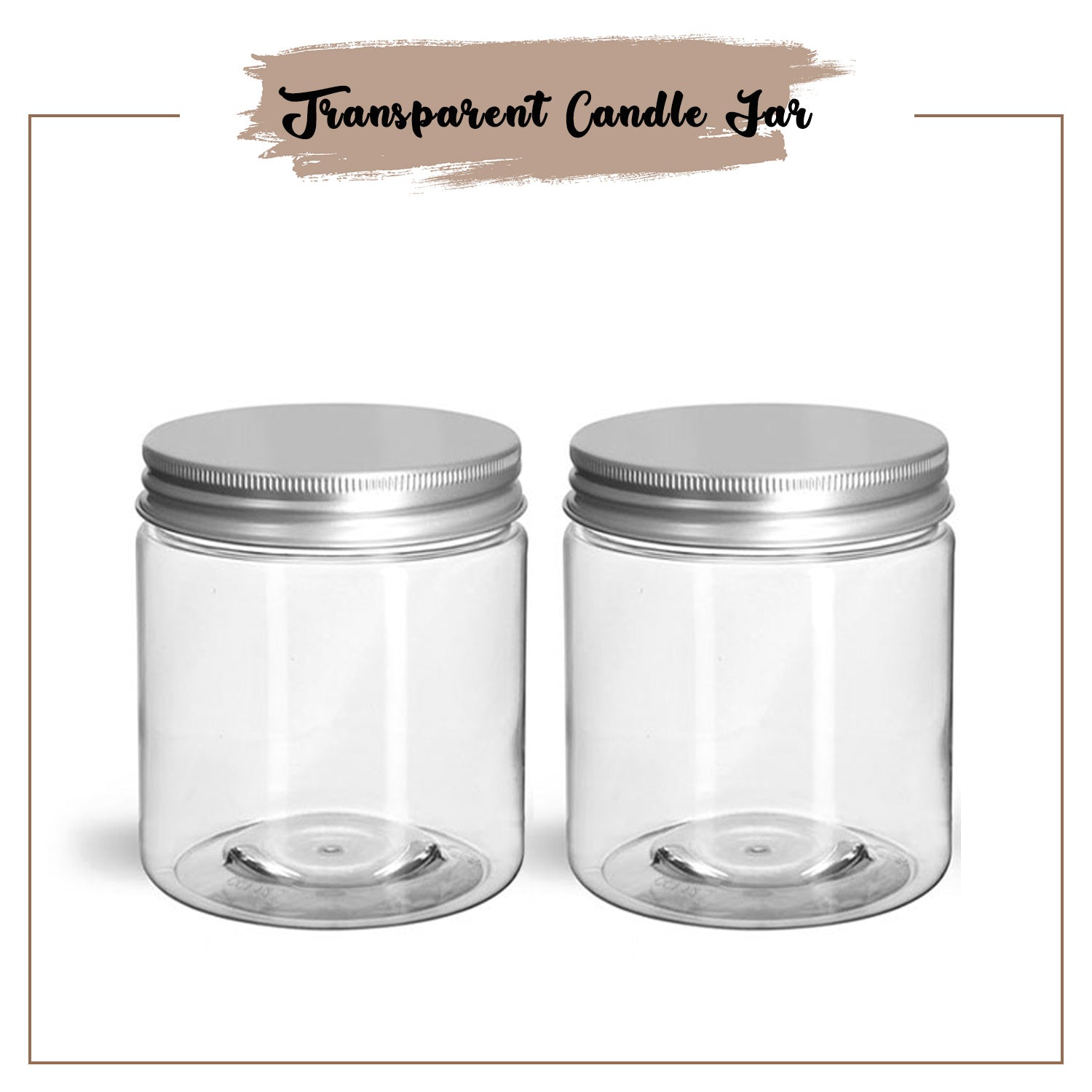

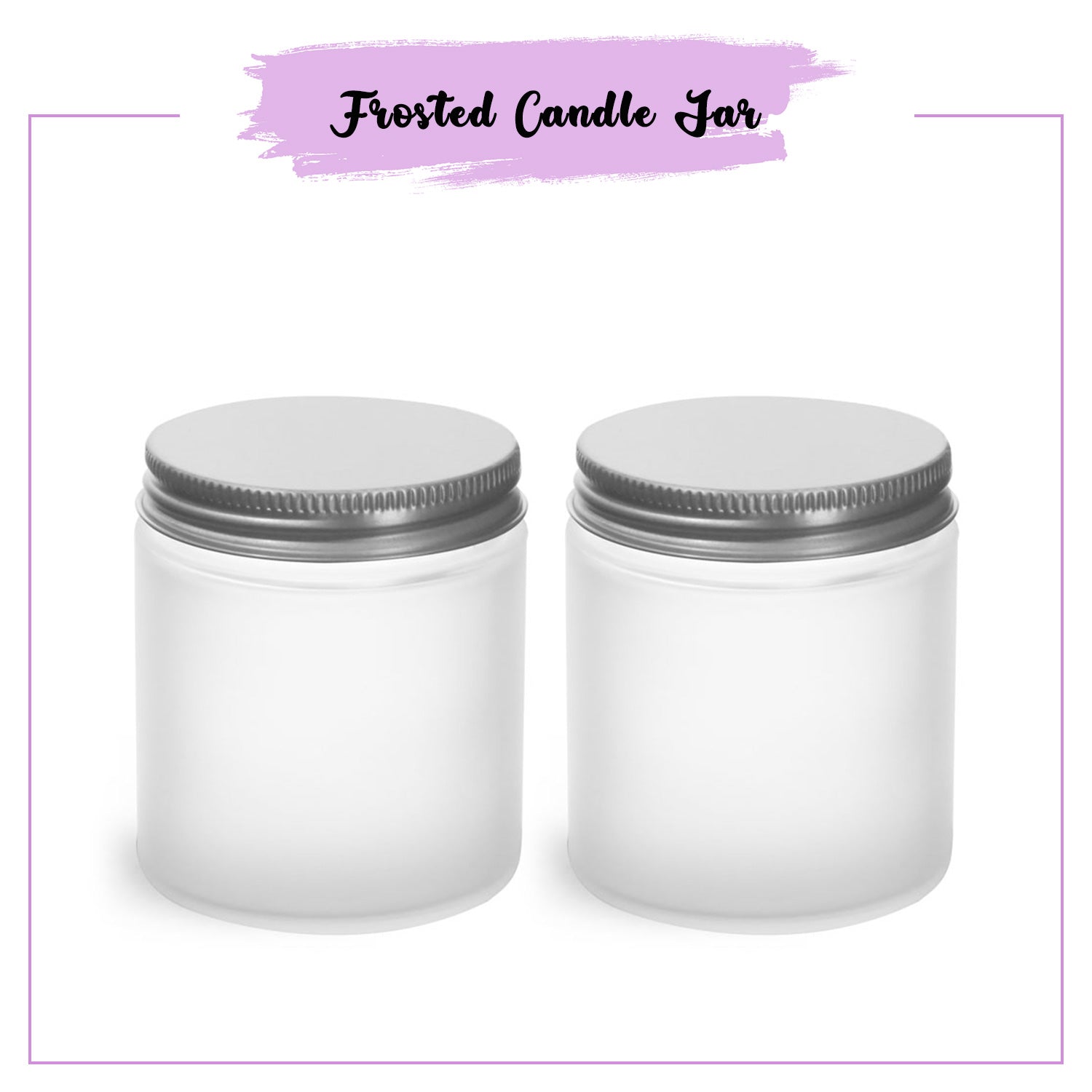

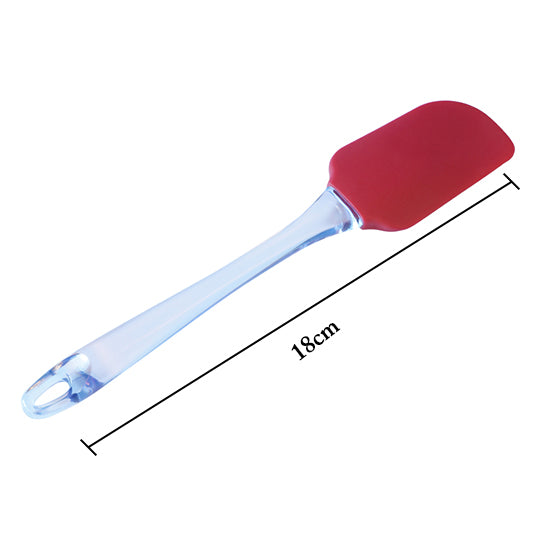

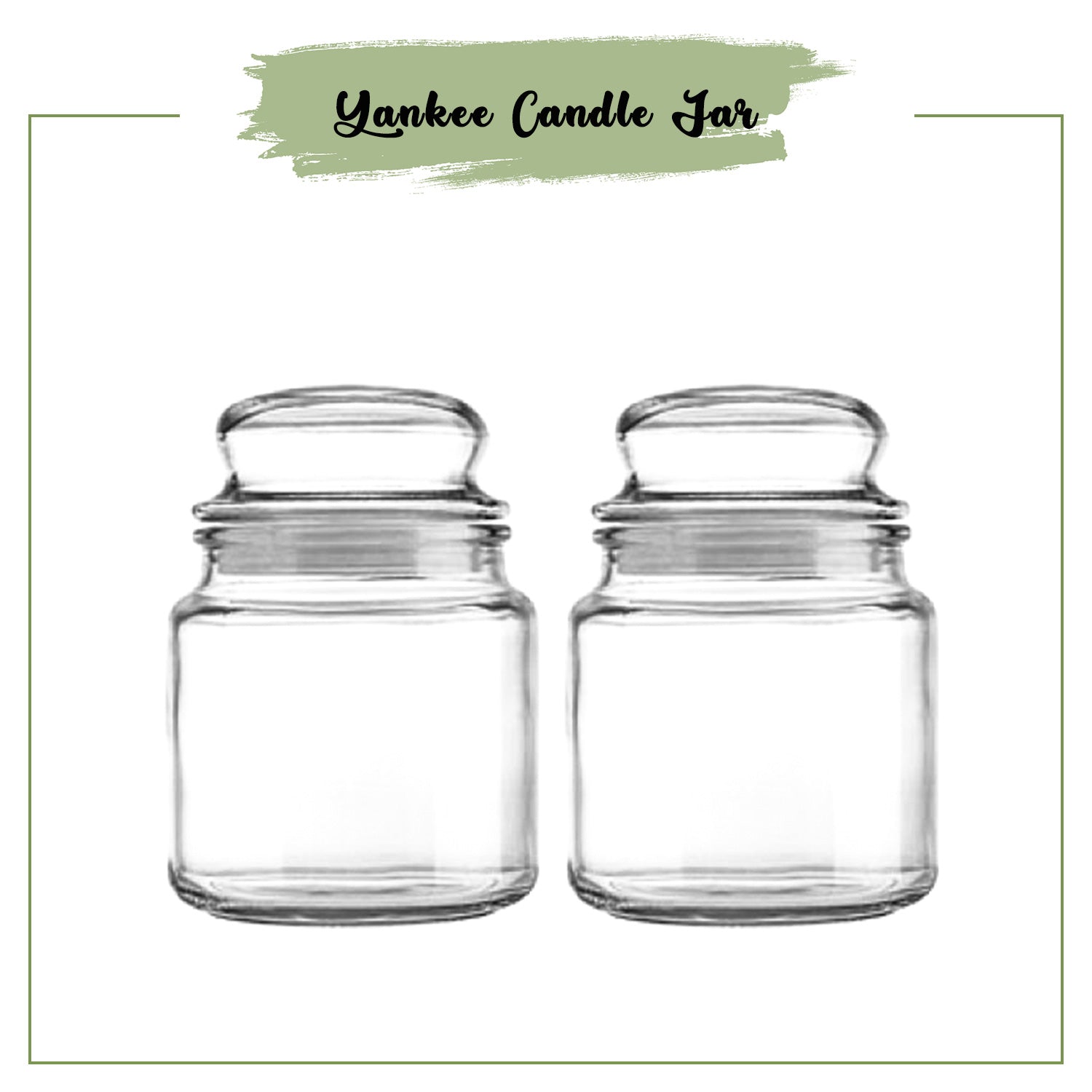

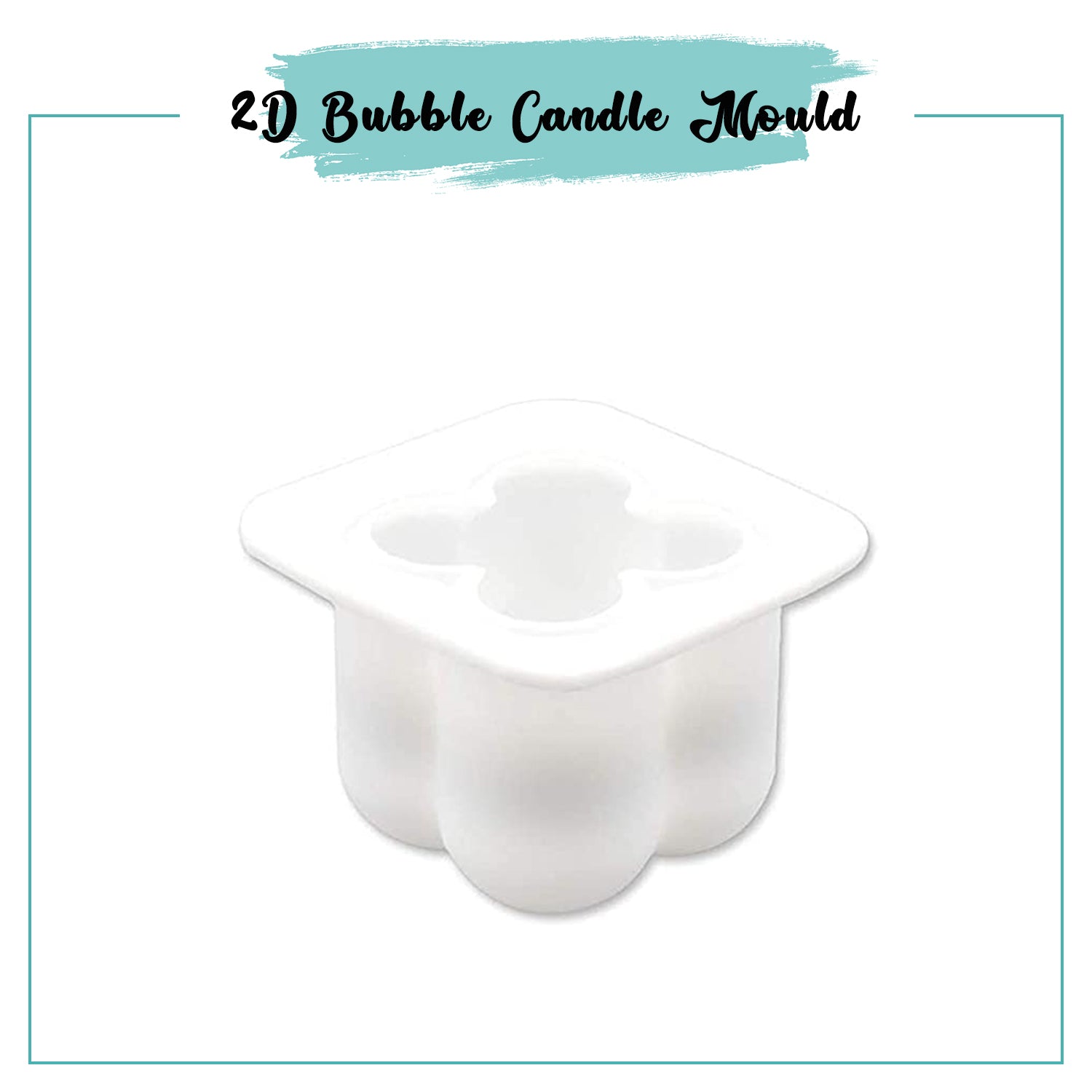


 Sign in
Sign in Register now
Register now My Reward Points
My Reward Points


